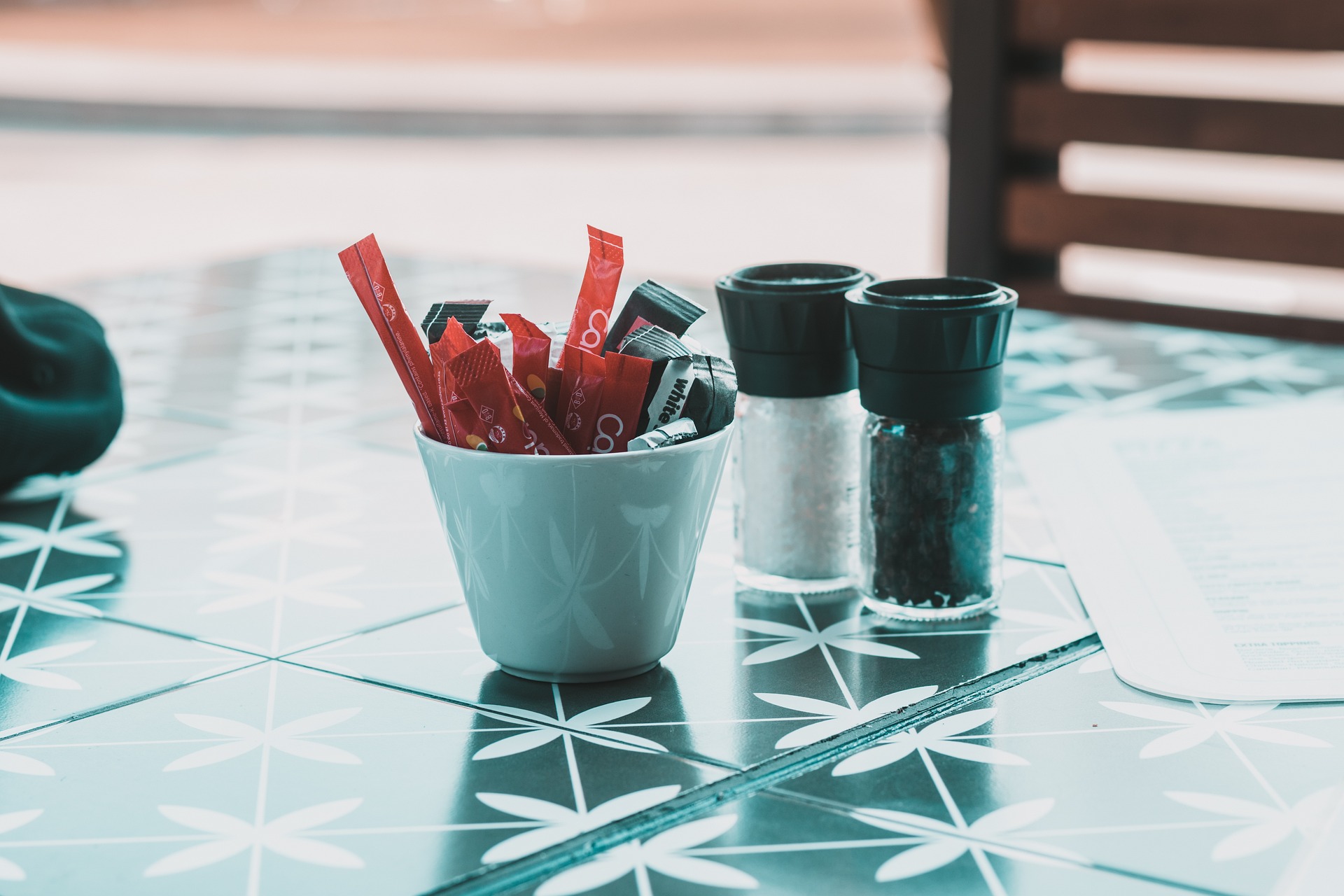This is one of the lesser-known aspects of aging – but by the time they reach 70 years old, most seniors have lost up to two-thirds of their tastebuds. Experts assume that this is due to the natural course of aging but is likely also linked to medications taken throughout our lifetime. While losing your tastebuds seems inconsequential in the grand scheme of things, it can cause many issues. For one thing, when food tastes bland, seniors may lose their desire to eat – which can be dangerous. Moreover, seniors may overseason their food in order to make it more palatable – adding much more salt or sugar than usual. This puts seniors – already at elevated risk for diabetes, high blood pressure, autoimmune disorders, obesity, liver, and heart disease – at additional risk. Keeping salt and sugar in check is essential for older adults to stay as healthy as possible.
If you are a senior citizen trying to maintain your health or a caregiver managing your charge’s diet, here are some vital tips to remember.
- Visit your physician to establish a baseline: The CDC publication Dietary Guidelines for Americans recommends a daily intake of no more than 2,300 milligrams of sodium. In addition, added sugars should comprise less than 10% of the overall diet. Unique health concerns could modify these recommended levels, so it is essential to have a medical doctor involved in establishing a new dietary regimen. If you are at risk for any specific health issues, your levels should be monitored regularly to ensure that your diet is working for you, not against you.
- Never forego meals: Some people think lowering salt and sugar intake requires less eating. However, this strategy can be dangerous for all humans, but most certainly senior citizens or those suffering from chronic conditions. Without adequate carbohydrates, seniors often crave even more sugar. Instead of skipping regular meals, seniors (or their caregivers) should plan healthy meals and snacks made with fresh, natural ingredients. With a little proactive planning, cravings are managed, and salt and sugar consumption will be kept under control.
- Keep the water intake up: Senior citizens often experience dehydration which inhibits the production of saliva, resulting in a dry mouth and loss of taste. Maintaining proper hydration will help reduce this issue and combat the negative impacts of too much salt and sugar in your system. Drink as much water as possible, as many other popular drinks have sugar levels likely to make the situation worse. Infusing water with fruit or cucumbers will provide additional flavor and make drinking water more desirable for some.
- Look for new recipes: Monitoring slat and sugar levels are not mutually exclusive to eating delicious meals. Try reducing the level of sugar called for in the recipe by substituting cinnamon, nutmeg, vanilla, fruit, or honey for natural sweetness. When creating more savory meals, switch out the salt with flavorful herbs. If your loved one lives in an assisted living facility, be sure to request a reduced salt or sugar diet.
- Get rid of processed foods: Once someone begins reading labels, it is difficult to ignore how much salt and sugar are hidden in foods – even those you think to be “healthy.” In fact, nearly 80% of the sugar and salt consumed by the average American is found in unexpected foods. Famously, ketchup and mustard contain more sugar than the majority of candy bars, and prepackaged foods are chock full of sodium.
A Banyan Residence is an assisted living and memory care center. Our team is committed to our Venice residents’ overall health and well-being.

